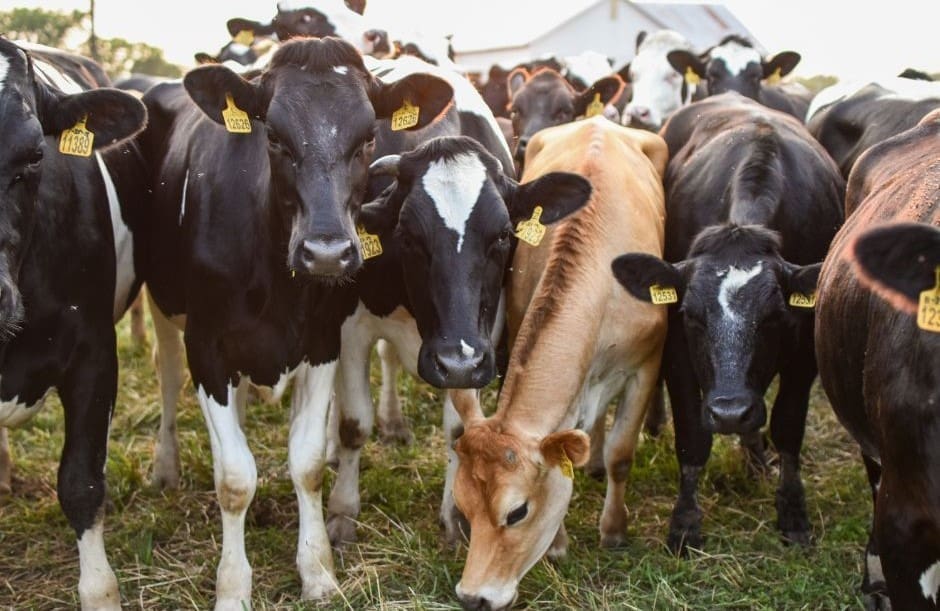Bovine Respiratory Disease (BRD) has long been a costly issue in cattle production, often triggered by stress from transport and co-mingling. While a cure remains elusive, Kansas State University graduate student Lilli Heinen and the Beef Cattle Institute are exploring machine learning as a tool to predict and mitigate BRD outcomes.
Machine learning, used in other agricultural areas like crop yield prediction, analyzes feedlot datasets to forecast treatment results for individual cattle. Heinen’s research developed algorithms to predict BRD outcomes, with moderate accuracy so far. Adjusting models for specific feedyards improved precision.
Although not yet ready for widespread use, these predictive tools could help alleviate labor shortages and enhance efficiency in feedyards by automating certain decisions. Future work aims to refine the models to reduce antibiotic use through group morbidity detection and improve treatment decisions.













